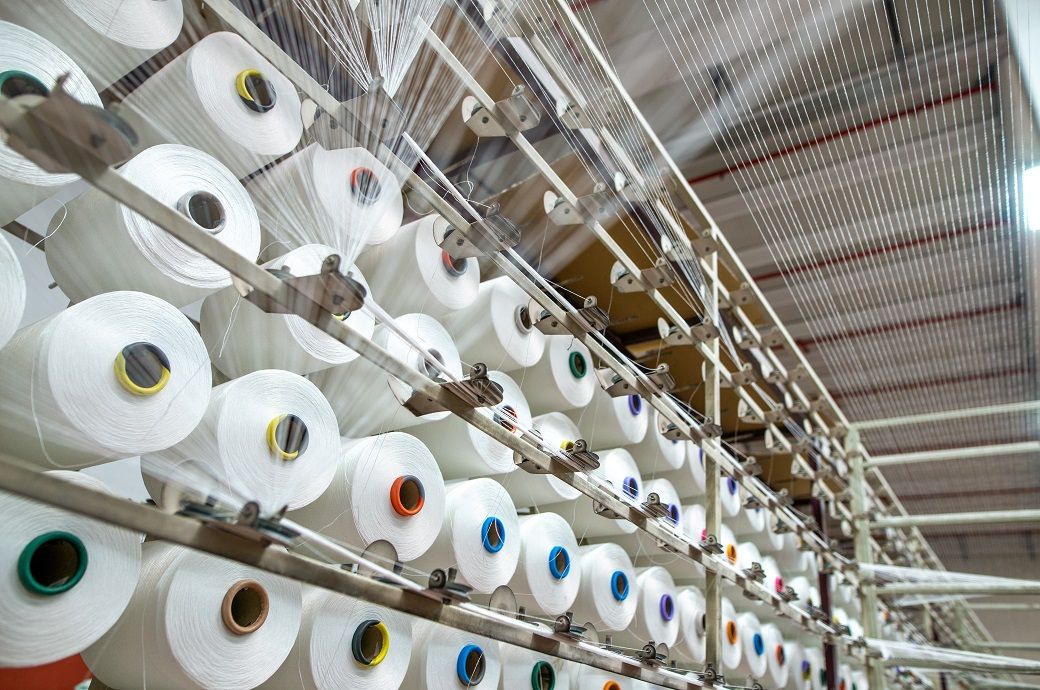
The expansion was the fastest in almost three years, but only marginal overall and trailing the historical average.
Greater production volumes were achieved despite a further—albeit slower—decline in new orders, S&P Global Ratings, which compiled the PMI data, said in a release.
Employment, purchasing activity and inventories all continued to decrease, while there was a slight drop in business confidence.
The HCOB eurozone manufacturing PMI rose for the third consecutive month in March to 48.6 from 47.6 in February.
While this still pointed to a deterioration in the health of the goods-producing sector, the PMI signalled a decline that was only modest overall and the softest since January 2023.
Just two of the euro area nations covered by the PMI surveys posted expansionary manufacturing PMI readings in March—Greece and Ireland, S&P Global said in a release. Greece’s upturn was strong overall and the fastest in almost a year, whereas Irish growth lost momentum.
Industrial business conditions remained challenging elsewhere, although there were some tentative signs of recovery, particularly in the currency union’s big-two economies—Germany and France, as manufacturing PMI figures there were the highest for 31 and 26 months respectively.
A renewed increase in factory output across the euro area was the highlight of the latest HCOB PMI survey data. Although only marginal overall, the expansion was the first in two years and the most marked since May 2022.
Notably, production growth was accomplished despite a further monthly fall in volumes of incoming new business.
New factory orders fell in March, as they have done continuously for almost three years, but the rate of decline was the weakest over this period.
Export markets remained a drag on sales performances, with demand from foreign clients decreasing further. But the pace of contraction was the softest since April 2022.
The level of backlogged work shrank across the eurozone manufacturing sector in March as a rise in output came in tandem with lower new business intakes. However, the extent to which outstanding orders declined was the least pronounced since July 2022.
Eurozone factories made further cuts to their workforce numbers at the end of the first quarter amid signs of excess capacity. The rate of job shedding, however, cooled from February’s four-and-a-half-year record and was the softest in seven months.
ALCHEMPro News Desk (DS)
Receive daily prices and market insights straight to your inbox. Subscribe to AlchemPro Weekly!